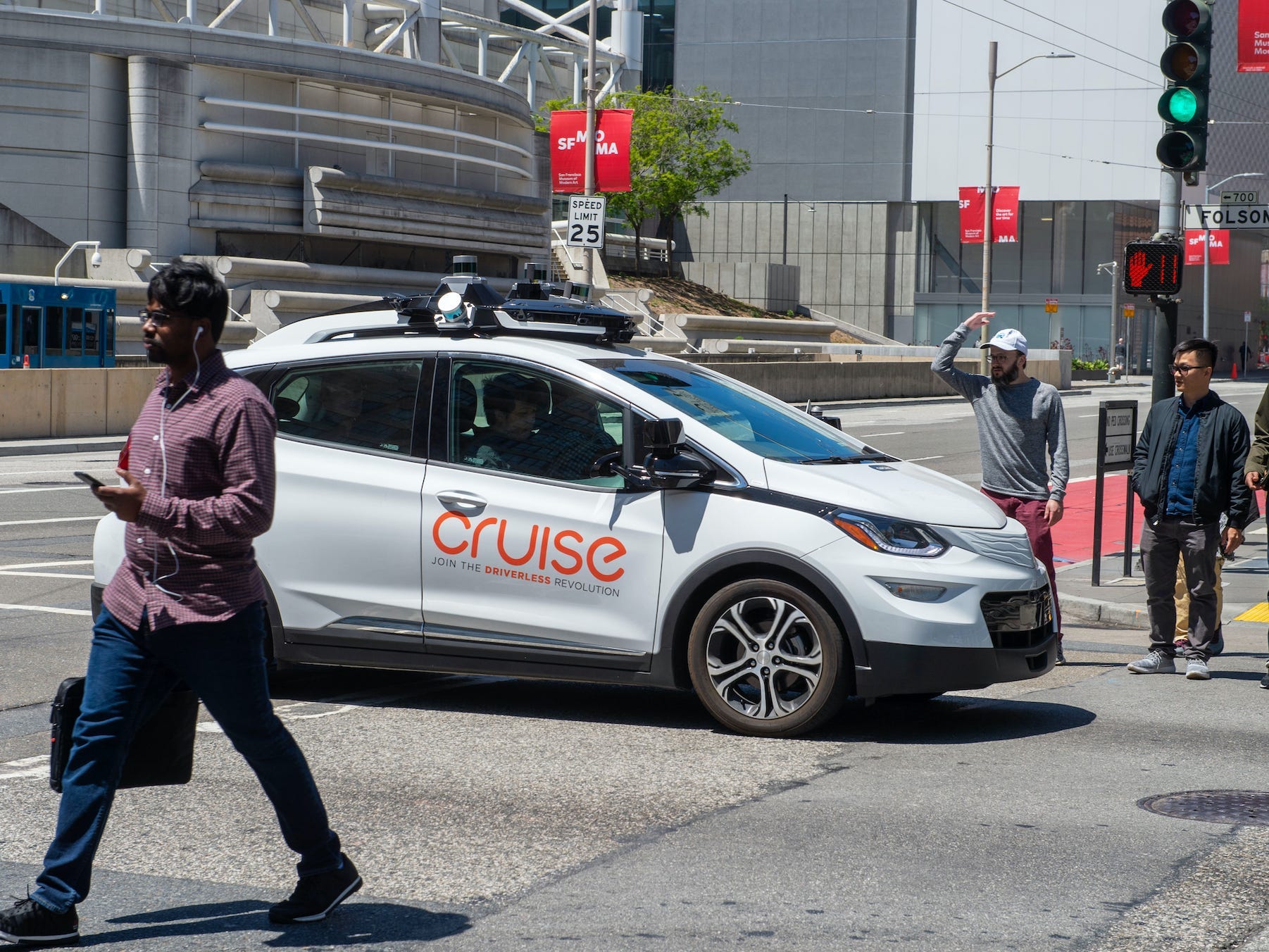
Andrej Sokolow/picture alliance via Getty Images
- Back-up drivers with Google’s sister firm Waymo and General Motors’ self-driving arm Cruise say they feel unsafe working during the pandemic and the wildfires raging in California, The Verge reports.
- Drivers told the outlet that they feel “expendable and vulnerable” as the contracting firms that employ them direct them to go to work, while their corporate colleagues are able to work remotely in the safety of their homes.
- The report comes as workers in the contracting world continue to voice their complaints of maltreatment as the market specifically has been pummeled by the pandemic-driven economic fallout.
- Visit Business Insider’s homepage for more stories.
Back-up drivers for Alphabet’s self-driving arm Waymo and General Motors-owned Cruise say they feel uneasy with the current safety and working conditions in place at the autonomous vehicle firms as they face two ongoing dangers: the COVID-19 pandemic and a treacherous California wildfire season, per a new report from The Verge.
Back-up drivers are tasked with being in the vehicles during their test runs throughout the Bay Area, able to take control of the wheel if things go awry. The drivers are not directly employed by Waymo and Cruise, but rather are contracted through firms Transdev North America and Aeroteck, per the outlet.
Many returned to work soon after the state’s shelter-in-place order went into effect in March, with some tasked with riding with other drivers in the close quarters of one of the autonomous vehicles, without being able to physical distance. Drivers are also being told to go to work even when the air quality in the Bay Area is labeled “unhealthy” due to a slew of wildfires that have broken out recently, according to The Verge.
Firms reportedly told the drivers that if they wish to stay home, they can use paid or unpaid time. If they do go to work, drivers said they’re torn between keeping the windows open to promote healthy airflow in an effort to decrease the risk of spreading COVID-19 or rolling them up to prevent inhaling the chemicals and smoke from the wildfires.
The report comes as contract workers continue to air their grievances with the companies that employ them, putting themselves in harm's way as corporate employees work remotely on their laptops in the safety of their homes. The contracting world as a whole has been hit hard by the pandemic and its economic fallout.
Drivers told the publication that they feel taken advantage of by the third-party contractors that employ them. "It's eye-opening that we are expendable and vulnerable, because finding another job in a pandemic is tough," one driver told The Verge. However, some drivers referred to The Verge by the companies said the working conditions made them feel safe, such as a barrier installed between the two drivers. A Waymo spokesperson told Business Insider that the company has "significantly reduced the number of testing missions that require dual driving."

Katie Canales/Business Insider
The drivers said their situation is only worsened by the proliferation of smoke blown into the Bay Area from a series of catastrophic wildfires, some of which have set records for the state of California. On one September day, the smoke turned the city of San Francisco a deep, hazy orange as ash rained down in some areas. A Waymo driver told The Verge that the sky looked like "Tang," the orange powdered drink, but the company still directed drivers to go to work that day.
The Waymo spokesperson told Business Insider that its vehicles are safe to operate during wildfire season. "We've conducted ongoing testing and evaluation of different techniques for monitoring and filtering cabin air, and we have policies in place to allow us to pause if needed." The spokesperson also said the company has "robust policies in place to enhance safety for these drivers, including COVID-19 testing, required face coverings, in-vehicle barriers and frequent cleaning and disinfection."
Cruise declined to comment. The self-driving car startup was acquired by General Motors in 2016 for over $1 billion as part of the car giant's foray into autonomous technology.

